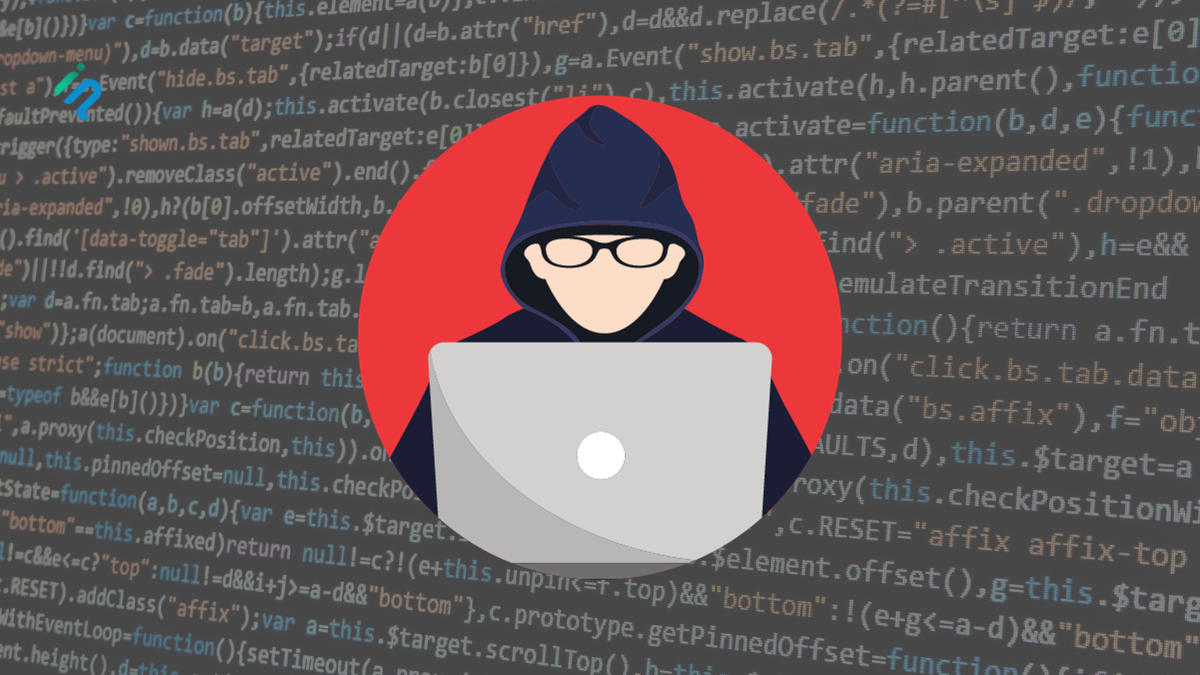In the digital age, understanding the intricacies of cyber attacks is crucial. This military concept breaks down the systematic process attackers employ, outlining seven distinct phases. Each phase is a calculated step in the assailant’s strategy, aiming for a successful breach and exploitation. Here’s a closer look:
| The Seven Phases of a Cyber Attack: A Military Concept |
Details |
| 1. Reconnaissance |
Description: This phase involves gathering intel about the target. Attackers may harvest emails from sources like Google and LinkedIn. By collecting this preliminary data, attackers can better strategize their assault. |
| 2. Weaponization |
Description: In the weaponization phase, attackers create a malicious tool, known as a payload. This includes an exploit (a piece of software taking advantage of a software bug or vulnerability) combined with a backdoor (a secret way to bypass normal authentication). |
| 3. Delivery |
Description: Here, the attacker sends the weaponized payload to the victim. This is typically done via email, but other delivery methods can include malicious downloads or drive-by attacks from compromised websites. |
| 4. Exploit |
Description: Once the weapon reaches the victim’s device, the exploit activates, leveraging the vulnerability in the software to execute its code. |
| 5. Installation |
Description: Post-exploitation, malware gets installed onto the victim’s operating system. This malware can range from ransomware to spyware, depending on the attacker’s objectives. |
| 6. Command & Control |
Description: With the malware installed, the attacker establishes a Command and Control (C2) channel. This remote access allows the attacker to have control over the compromised system. |
| 7. Actions on Objectives |
Description: This is the final phase where the attacker carries out their primary goals. Whether it’s data extraction, system damage, or another malicious intent, the attacker utilizes their access to achieve these objectives. |
| Understanding these phases can aid in both prevention and remediation. By being aware of how attacks progress, one can better defend against them, ensuring more robust cybersecurity. |

